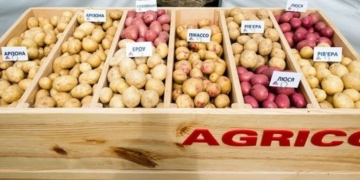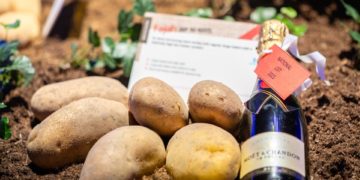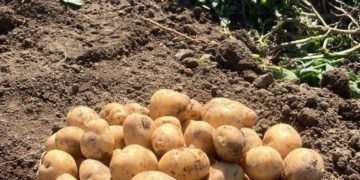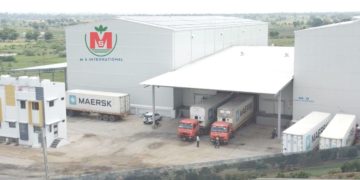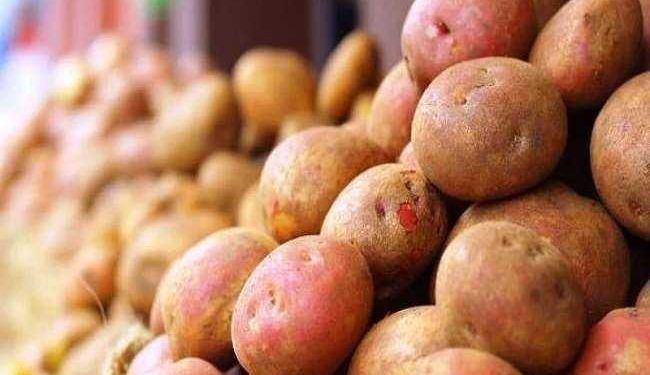Exploring the Potential of Potato Waste in Ethanol Production.
The Central Potato Research Institute (CPRI) is poised to make a significant impact on the biofuel industry by proposing the establishment of a pilot plant dedicated to converting potato waste and peels into ethanol. Recent laboratory studies conducted by the Shimla-based institute have demonstrated the feasibility of repurposing potato waste for biofuel production, positioning India to tap into a new and sustainable energy source.
As the world’s second-largest potato producer, following China, India faces a considerable challenge with potato waste, which accounts for 10-15% of total production. This surplus presents a unique opportunity to utilize discarded potatoes as feedstock for ethanol production, alongside traditional sources like sugarcane and maize. The National Policy on Biofuels has already recognized rotten potatoes as a viable feedstock, further legitimizing this innovative approach.
According to Dharmedra Kumar, a scientist at CPRI, “Potatoes are also considered a viable alternative due to the significant amount of waste that can be repurposed. Additionally, India has the largest cold storage facilities for potatoes, and the significant amount of potato waste available further supports their use in ethanol production.”
India’s annual potato production reaches approximately 60 million tonnes, with 8-10% of this volume processed into products such as chips, fries, and dehydrated items. However, post-harvest losses remain a critical issue, estimated at 20-25%, or 11-14 million metric tonnes, due to inadequate storage facilities, transportation inefficiencies, and improper handling techniques.
The proposed pilot plant is expected to be strategically located in regions with high potato production, such as Uttar Pradesh and West Bengal, as well as processing hubs like Gujarat. This initiative aims to utilize potato waste and substandard potatoes to produce ethanol, thus addressing the dual challenges of waste management and energy production.
Scientists are particularly focusing on the substantial starch and cellulose content found in potato peels and the wash water from peeled potatoes. This innovative approach could not only reduce agricultural waste but also contribute to India’s renewable energy goals.
As the CPRI moves forward with this initiative, the potential benefits extend beyond environmental sustainability. This development could create new economic opportunities for farmers and agronomists, encourage investment in the biofuel sector, and foster collaboration among stakeholders in the food and agriculture industries.






